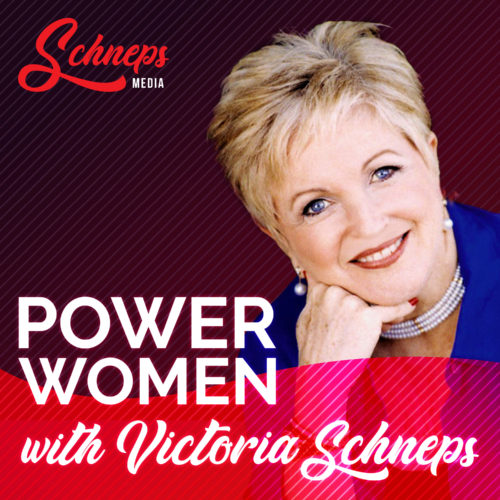During this month of breast cancer awareness, the key message is to get regular check-ups and do monthly self-exams, so women can detect any abnormalities as soon as they appear. This lessens the chance of breast cancer being deadly. Sometimes, finding a lump is the best-case scenario, because it means that you can have it biopsied and removed. In addition, genetic testing can pinpoint if the breast cancer gene runs in your family, and it’s a simple blood test.
My mother was diagnosed with an aggressive form of breast cancer nine years ago. Prior to that, she had her regular mammograms and check-ups, so it was somewhat of a surprise when she found a lump, and it was found to be malignant. After intense chemotherapy and a mastectomy, she has been cancer-free. It was a long road, and she still takes preventive medication, which can be quite draining at times. Now, she is adamant about detection and follows all post-cancer protocols.
After my mother’s treatment was completed, her doctors at Memorial Sloan Kettering Hospital urged her to get genetic testing done. A simple blood test known as BRCA would show whether she had the cancer gene, which would determine if the disease would be probable in my sister and myself, as well as our daughters. Women with the highest risk variants of BRCA mutations have a theoretical breast cancer risk of 60 to 82 percent, compared to 12 percent of all women. The test came back negative, which was reassuring but still offered no guarantee. Consequently, if she had tested positive, her chances for developing ovarian cancer would have been higher.
According to the Breast Cancer Alliance, more than 200,000 women will be diagnosed with breast cancer this year. Of those, seven to 10 percent (15,000 to 20,000 cases) will have an inherited predisposition. Among women with that predisposition, more than half (7,000 to 10,000 cases) will be the result of detectable mutations in BRCA1 or BRCA2. Those women with a BRCA mutation will also have a 10 to 60 percent risk of developing ovarian cancer in their lifetime (35 to 60 percent risk with a BRCA1 mutation; 10 to 27 percent risk with BRCA2). That’s compared with a 1.5 percent risk of developing ovarian cancer for the general population.
The National Cancer Institute officially recommends that the following have the BRCA tests performed:
• Multiple breast and ovarian cancers within a family (often diagnosed at an early age)
• Two or more primary cancers in a single family member (more than one breast cancer, or breast and ovarian cancer)
• Cases of male breast cancer
It’s vital for women who have had breast cancer to be tested to see if they have the BRCA mutation, for her own battle in fighting cancer, as well as her daughters’ and granddaughters’ health.
Danielle Sullivan, a mom of three, has worked as a writer and editor in the parenting world for more than 10 years. Sullivan also writes about pets and parenting for Disney’s Babble.com. Find her on Facebook and Twitter @DanniSullWriter, or on her blogs, Just Write Mom and Some Puppy To Love.






















